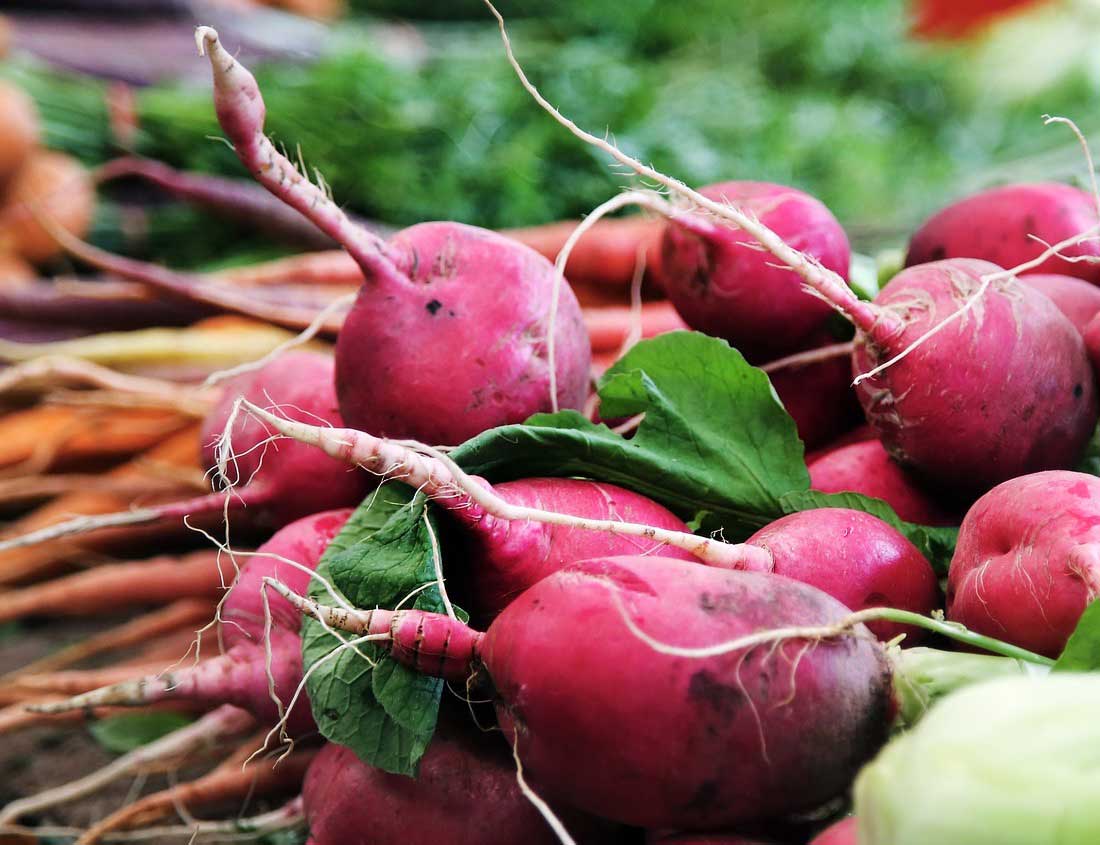CAUTION: Some people with stomach ulcers are at high risk of bleeding and this can be life threatening. Always consult your health care professional to see if these natural strategies are safe for you to add to your treatment routine.
Having an ulcer is not only painful, it impairs your body’s digestive function. When you aren’t digesting optimally your body can struggle to absorb and assimilate nutrients from food, impacting your energy levels and your body’s ability to heal. On the other hand, using natural remedies for ulcers can set the tone for healing and speed your recovery.
Using natural remedies for ulcers means combining the powers of diet and supplementation for holistic pain relief. They also generally come with less side effects.
What is a Peptic Ulcer?
A peptic ulcer is a sore that forms in the stomach or small intestine when the protective mucosal lining becomes eroded. Common symptoms you might experience include pain and burning from contact with stomach acid, acid reflux, bloating, nausea or vomiting and weight loss.
Symptoms can be temporarily relieved with the use of antacids, or from eating certain foods that help to buffer your stomach acid. Some people find that flare-ups are more common at night, or are worsened with an empty stomach.
What Causes an Ulcer?
Some of the commons causes of ulcers include:
- H. pylori (helicobacter pylori) bacterial infection
- Inflammation
- Regular use of nonsteroidal anti-inflammatory drugs (NSAIDs)
- Excess stomach acid
Your risk for developing peptic ulcers increases if you have a family history of ulcers, you smoke regularly or consume excessive amounts of alcohol, or you’re over the age of 50.
Common Treatments for Peptic Ulcers
With time, ulcers can often heal on their own. However, there is a chance that they can become more serious. If you suspect you have an ulcer, it’s best to speak to your healthcare practitioner to ensure it’s safely treated. Conventional treatment of ulcers can often include the following:
1. Antibiotics
In cases where ulcers are caused by an H. Pylori infection, antibiotics can help to eliminate the problematic bacteria effectively. This treatment does however impact the health of your microbiome reducing the amount of good bacteria in your gut. Probiotics should always be taken after a round of antibiotics to restore the balance in your microbiome.
2. Proton Pump Inhibitors (PPIs)
Often prescribed to those who suffer from regular acid reflux, this class of medication helps to reduce the amount of stomach acid your body produces. Using PPIs longterm can come with a number of consequences, but for short term use, they allow the ulcer time to heal while reducing the pain and discomfort that you might be feeling.
3. Surgery
Surgery is generally more rare, but in serious cases where the ulcer creates a hole in the stomach wall and bleeding needs to be stopped, an operation may be a necessary treatment.

Natural Remedies for Ulcers
Using natural remedies for ulcers can help to speed healing and recovery time without the typical risk factors of conventional treatments. For the best results, I recommend combining dietary alterations with supplementation.
1. Eat an anti-inflammatory diet
The food that you eat has a powerful impact on the inflammation in your body. For ulcers, avoiding foods that promote inflammation or irritate the stomach is key to naturally managing your pain. That includes foods like coffee, sugar, alcohol, and anything spicy. Instead you want to trade in foods that promote gut-healing, and are anti-inflammatory. Eat lots of leafy greens, fiber-rich whole grains, and omega-3-rich fats and proteins like fish and chia seeds.
2. Eat small meals more often
Reducing the amount of digestive power your body needs to breakdown a meal can help to give your ulcer a little more time to heal. Instead of eating a typically heavy meat and potatoes type of meal, make smaller portions and eat more often. Try eating five meals a day instead of three. Your body will be able to digest it more easily, which could help to decrease the level of discomfort you feel. But don’t eat for 3 hours before bedtime.
3. Supplement with licorice root
Licorice root can help heal the mucosal lining of the stomach, and may even help to inhibit the action of H. Pylori1. It can however also elevate blood pressure, so look for DGL (deglycyrrhizinated liquorice) in supplement form to avoid any risk of side effects.
4. Drink aloe vera water
Aloe vera has an affinity for healing the intestinal tract so including in your natural remedies for ulcers protocol is a great idea. To use it you can simply filet an aloe vera leaf and add the gel to water. The taste is pretty mild, but if you don’t like it, you can always add some lemon or cucumber to help give it a tastier flavor.
5. Take probiotics
Ulcers are commonly caused by bacterial infections with H. Pylori, making probiotics an important consideration for rebalancing the health of your microbiome. Probiotics can help to improve your body’s defence system, and may even help to speed the healing of ulcers caused by bacterial infection2.
Chew on this
We used to believe that ulcers were the result of high stress living. And while that’s not the case for the vast majority of ulcers, there may still be a link. Stress can also impact the quality of your digestive health, so learning how to manage your stress is always a good idea. Developing a meditation practice is a great place to start, along with deep breathing exercises and practicing gratitude.
How do you reduce the stress in your life? Tell us in the comments below.




